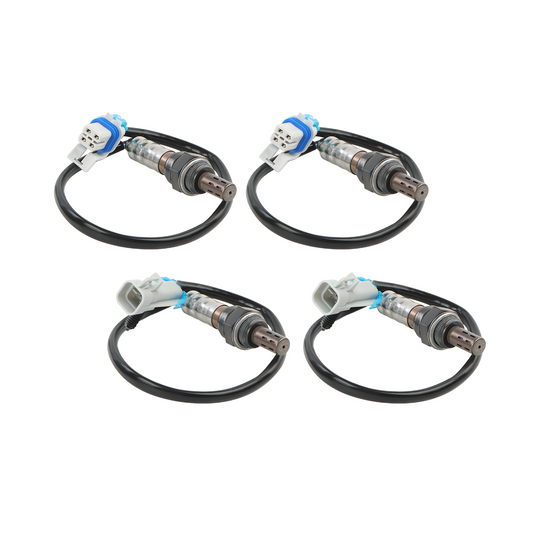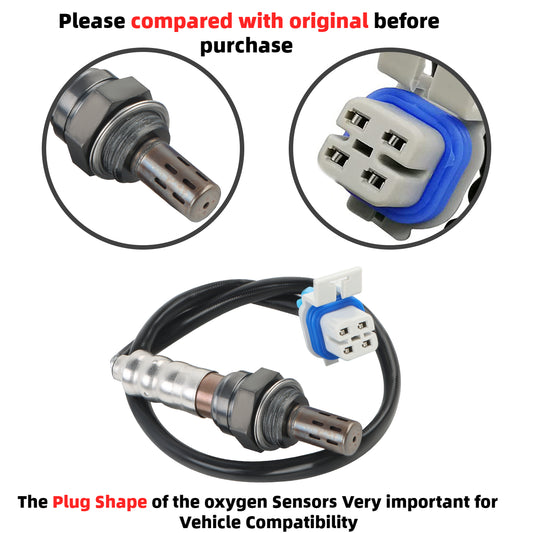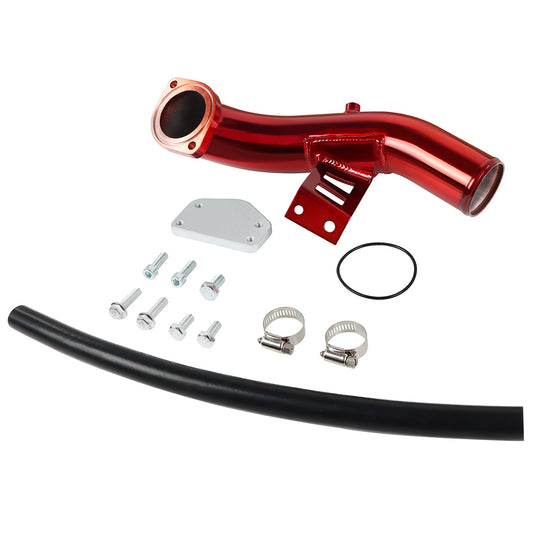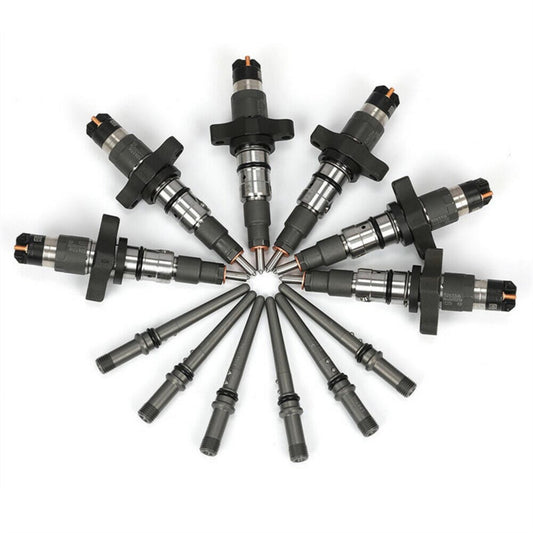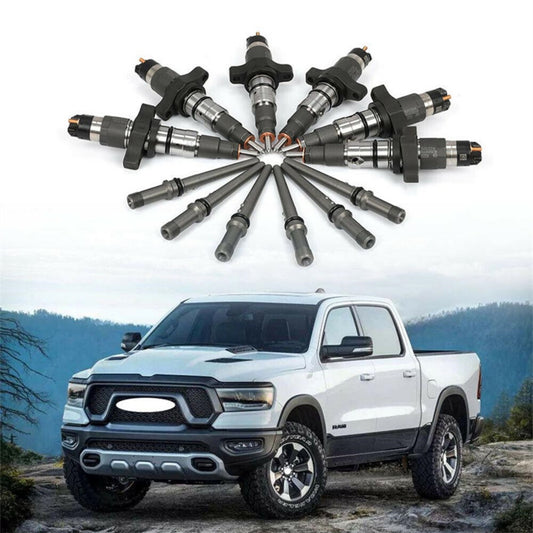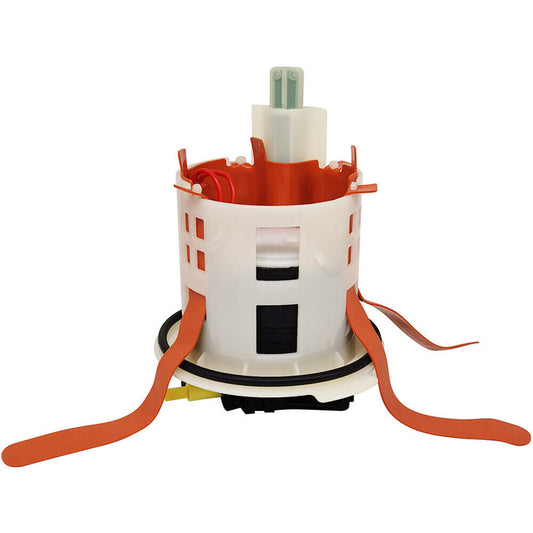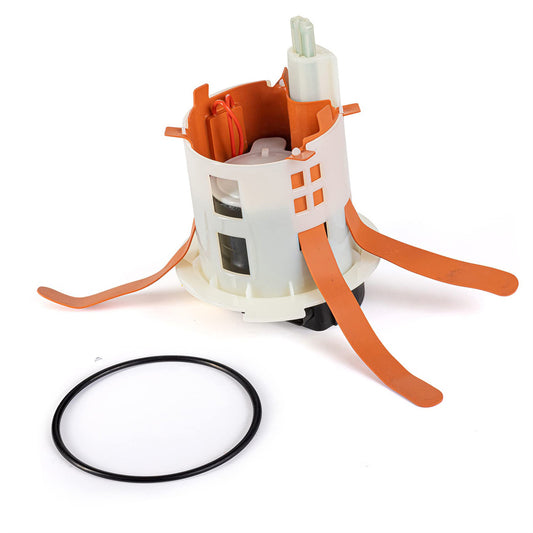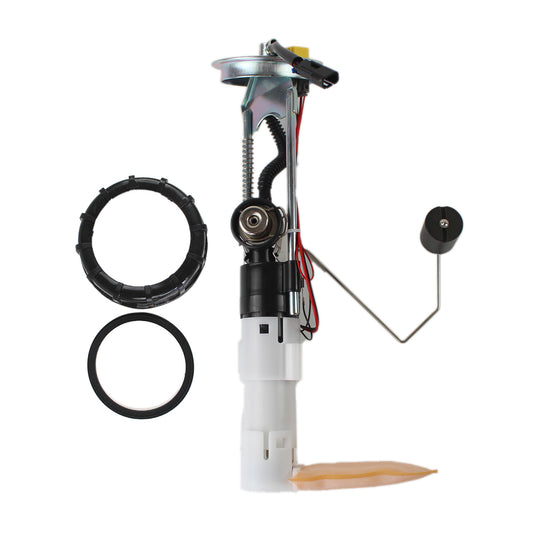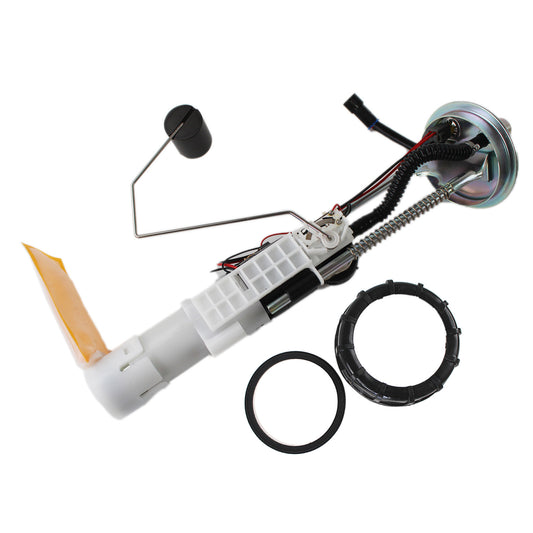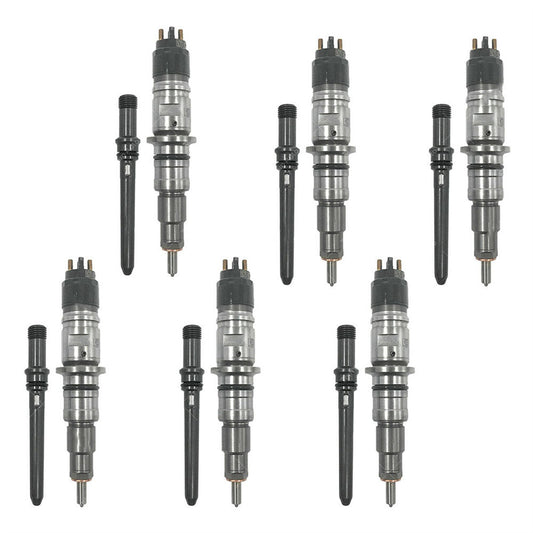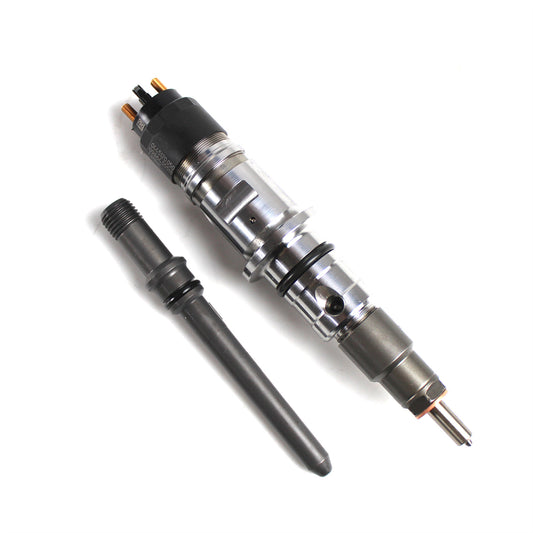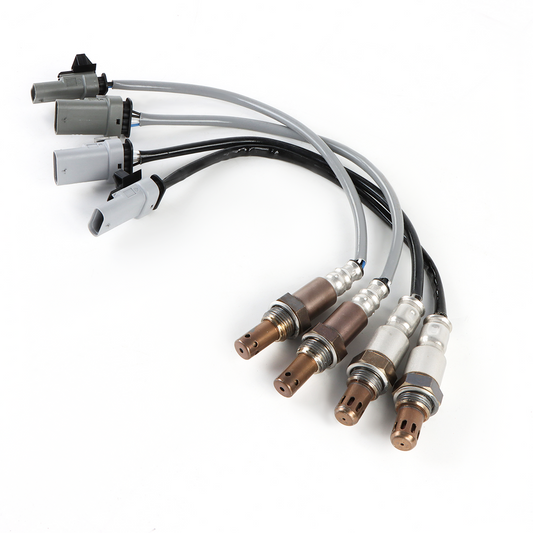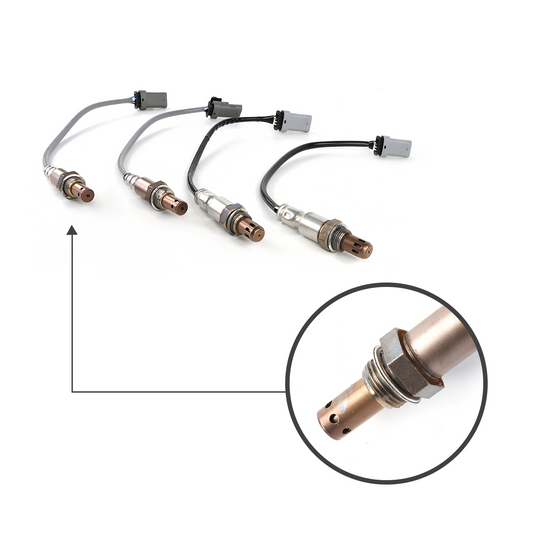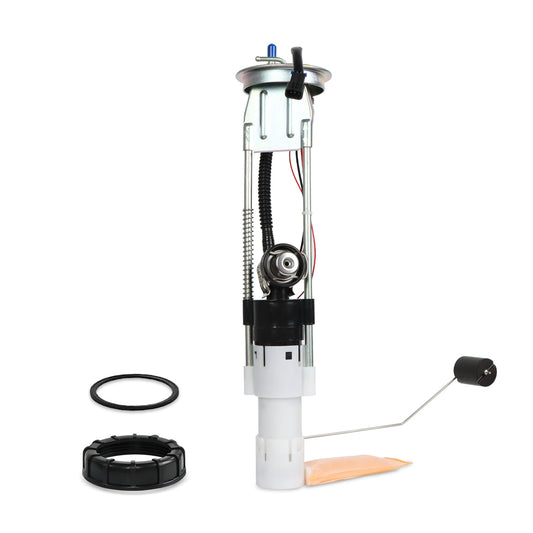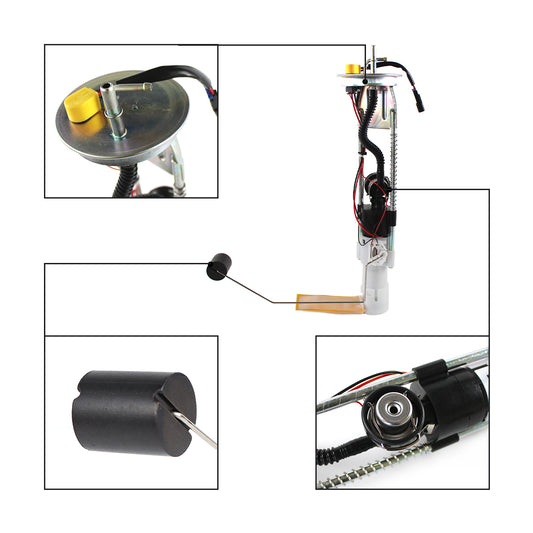What is the life expectancy of catalytic converter?
The catalytic converter is a vital component of a vehicle's exhaust system. It plays a crucial role in reducing harmful emissions and ensuring compliance with environmental regulations. You probably know that much already. But what you might not know is—just how long is a catalytic converter supposed to last? There are many variables that come into play.

-
What is the Lifespan of a Catalytic Converter?
- Which Factors Affecting Catalytic Converter Lifespan?
- a) Driving Conditions: Aggressive driving, frequent short trips, and stop-and-go traffic can put additional stress on the catalytic converter, potentially shortening its lifespan.
- b) Fuel Quality: Poor-quality fuel containing high levels of contaminants can lead to increased wear and damage to the catalytic converter over time.
- c) Engine Issues: Problems such as misfires, oil leaks, or coolant leaks can cause unburned fuel or excessive heat, which can negatively impact the catalytic converter's performance and longevity.
- How to Prolong Lifespan Through Maintenance Practices?
- a) Regular Inspections: Periodic inspections by a qualified technician can help identify any issues with the catalytic converter early on and prevent further damage.
- b) Proper Engine Maintenance: Addressing engine problems promptly, such as fixing misfires or repairing leaks, can help protect the catalytic converter from unnecessary strain.
- c) Using High-Quality Fuel: Opting for reputable fuel sources with lower levels of contaminants can minimize the risk of fuel-related damage to the catalytic converter.
- d) Avoiding Aggressive Driving: Gentle acceleration, avoiding excessive idling, and maintaining steady speeds can reduce stress on the catalytic converter.
- Which Signs of a Failing Catalytic Converter?
- a) Decreased Performance: A failing catalytic converter may result in reduced engine power, decreased fuel efficiency, or difficulty starting the vehicle.
- b) Increased Emissions: If the catalytic converter is no longer functioning properly, emissions may exceed acceptable levels, triggering warning lights or failing emissions tests.
- c) Unusual Noises: Rattling or metallic sounds coming from the exhaust system could indicate a damaged or deteriorating catalytic converter.
- Replacement Considerations:
- Where to Get High-quality Catalytic Converters for Your Vehicle?

Conclusion:
Driving conditions, fuel quality and proper maintenance all affect the life expectancy of your catalytic converter. Car owners can help extend the life of their catalytic converters by following recommended maintenance practices, such as regular inspections, promptly addressing engine problems, and using high-quality fuel. Ultimately, understanding the factors that affect catalytic converter life enables vehicle owners to make informed decisions about maintenance and replacement, ensuring optimal vehicle performance and environmental compliance.


